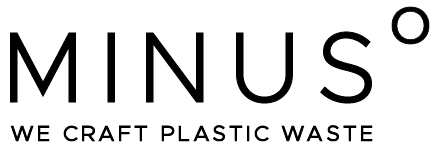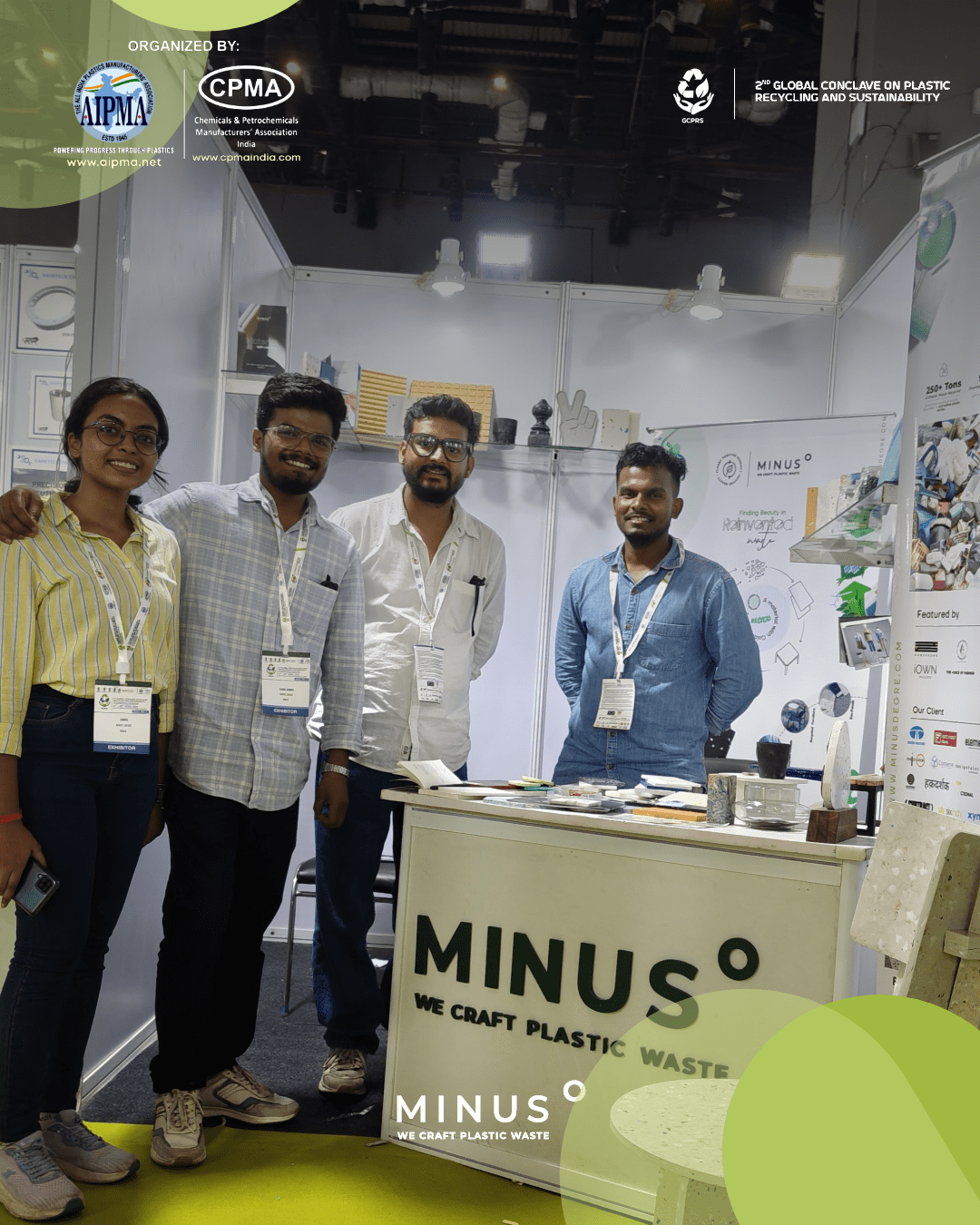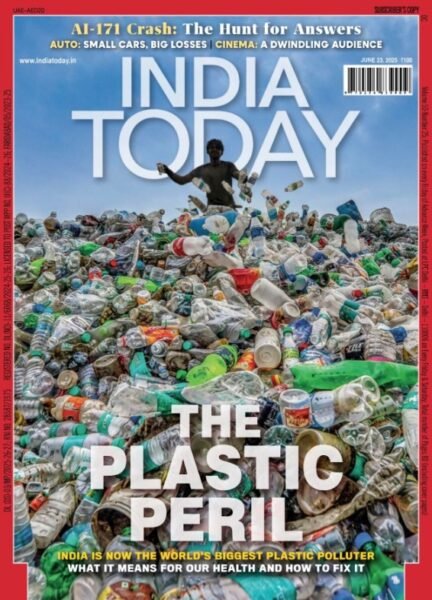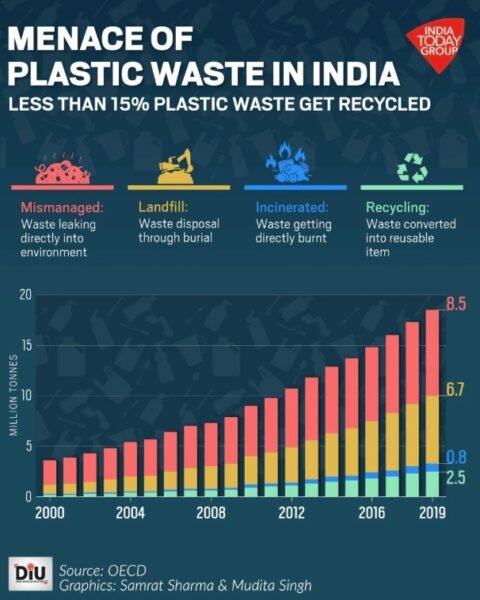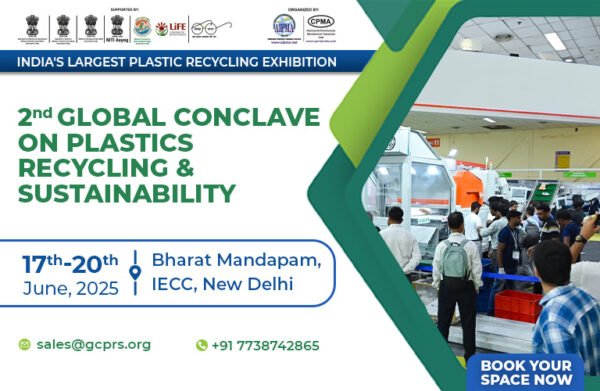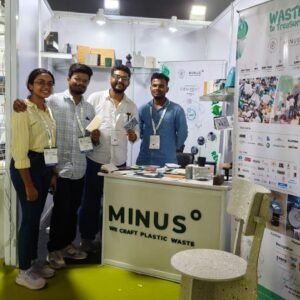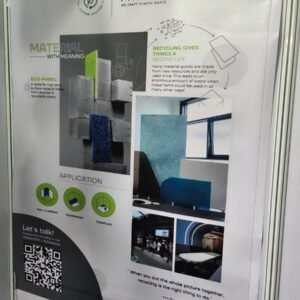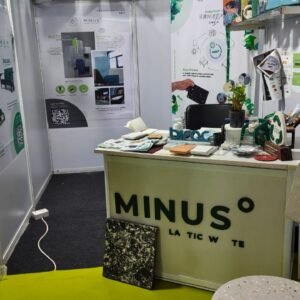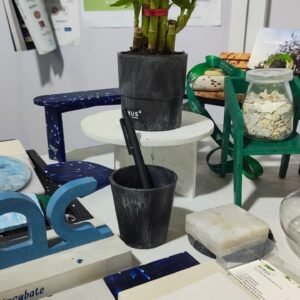🌍 India: Now the World’s Largest Plastic Polluter
In a sobering revelation from the India Today June 23 Cover Story – “The Plastic Peril”, India has now surpassed all nations as the largest generator of plastic waste globally. An estimated 9 to 10 million tonnes (Mt) of plastic waste is generated annually. What’s more alarming? A staggering 88% remains unprocessed—either burned, dumped, or leaking into our food chain, posing grave health and environmental risks.
From microplastics in our bloodstreams to pollution in the Himalayas and Sundarbans, this is no longer just an environmental crisis. It’s a public health emergency that demands immediate and tech-driven action.
🔬 The Reality of India’s Plastic Waste Problem
-
Annual Waste Volume: ~10 Mt, making India the world’s plastic waste leader.
-
Burned/Dumped Waste: 5–6 Mt/year, releasing toxic pollutants.
-
Recycling Rate: A dismal 8–30%, indicating infrastructural and policy gaps.
-
Microplastics Detected: In wildlife feces, soils, rivers, and human tissue.
GCPRS 2025: Global Conclave on Plastic Recycling & Sustainability
Held from June 17–20 at Bharat Mandapam, New Delhi, the 2nd Global Conclave on Plastic Recycling and Sustainability (GCPRS 2025) was a turning point. With over 350+ exhibitors, 49,000+ delegates, government leaders, industry experts, and NGOs—India showcased its collective commitment to a circular plastic economy.
⚙️ Key Innovations Showcased:
-
AI-powered waste sorting
-
Chemical & molecular recycling
-
Blockchain traceability for plastic waste
-
Plastic-to-panel live demonstrations
-
Plastic-road & bio-plastic surfacing
🧾 Policy-Driven Focus:
-
EPR (Extended Producer Responsibility) compliance
-
Deposit–Refund Schemes
-
Biodegradable packaging standards
🏆 Minus Degre: Redefining Plastic Waste through Circular Design
At GCPRS 2025, Minus Degre emerged as one of India’s most promising recycled material design startups. Founded by Vikash (IIT Delhi) and Rahul (NIFT Delhi), the company is pioneering the use of 100% recycled and recyclable plastic panels for interiors, displays, and even eco-trophies.
💡 Key Achievements:
-
250+ tonnes of plastic waste recycled
-
6,000+ eco-panels created
-
500+ tonnes of CO₂ emissions saved
Their live fabrication demo illustrated the full circular journey: Discarded waste → Sorted → Compressed → Designer Eco-panel.
Their work proves: Sustainable doesn’t mean sacrificing design. It means redefining it.
♻️ India’s Leading Recycling Innovators
Alongside Minus Degre, several other key players showcased the future of India’s recycling economy:
🔹 Pashupati Group
-
300 kt/year capacity
-
Food-grade rPET & HDPE
-
Exports + EPR compliant
-
India’s biggest integrated recycling brand
🔹 Recykal
-
1 Mt of waste digitally processed
-
620+ brand partnerships
-
675+ recycler collaborations
-
Built BlueNet Deposit–Refund System
🔹 IPCE, Recyclin India, LucrO & GoRecycled
-
Innovating in sorting tech, chemical recycling, and grassroots engagement.
-
Focus on traceable, high-quality post-consumer feedstock.
🔧 Why Recycling Tech Is India’s Best Bet
With over 26,000 tonnes of plastic waste generated daily, traditional recycling is not enough. Tech-enabled recycling is the key.
📈 Benefits of High-Tech Recycling:
-
Scalable infrastructure for large waste volumes
-
Precision sorting for higher material purity
-
Compliance with EPR mandates
-
Reduced microplastics and open burning
-
New jobs, R&D growth, and green materials economy
🔭 What’s Next After GCPRS 2025?
🧩 Key Takeaways:
-
Minus Degre is open to collaborations with architects, retail designers, and D2C brands.
-
Pashupati–Recykal alliance may unlock large-scale traceable plastic sourcing pipelines.
-
Upcoming pilots in chemical recycling and deposit–refund mechanisms are gaining policy traction.
-
Government regulation tightening will accelerate demand for recycled content.
🔹 Designers & Architects: Collaborate with Minus Degre for beautiful, bold eco-panels that replace marble, acrylics, and virgin plastic.
🔹 Retail Brands: Join our sustainability initiative—from eco-friendly display systems to award trophies.
🔹 Sourcing Recyclers/Brands: Need recycled feedstock or want to digitize your waste value chain? Let’s connect.
As the India Today editorial boldly puts it, “Plastic is not just a material—it’s a menace.” But with platforms like GCPRS, innovations from Minus Degre, and scaling giants like Pashupati and Recykal, India’s transformation from plastic polluter to recycling powerhouse is not just possible—it’s already underway.
Let’s make plastic part of the solution—not the problem.
